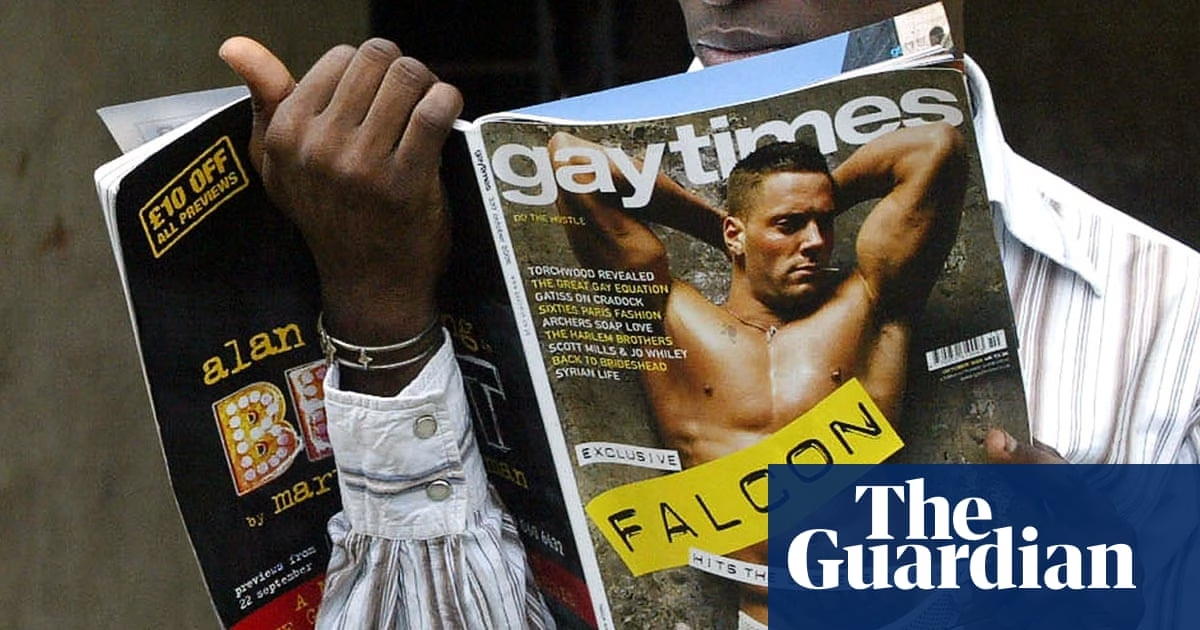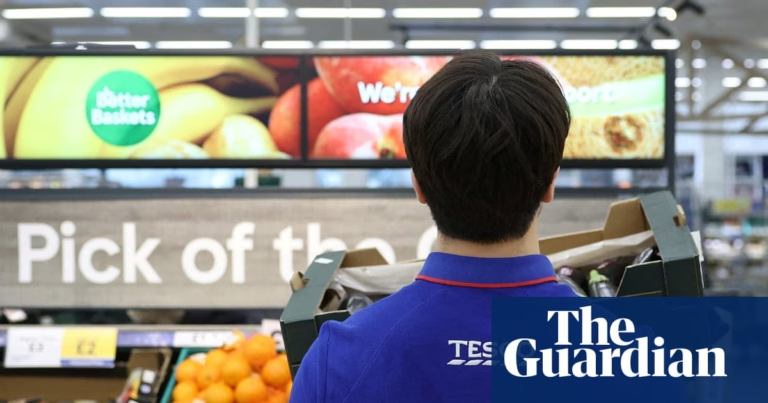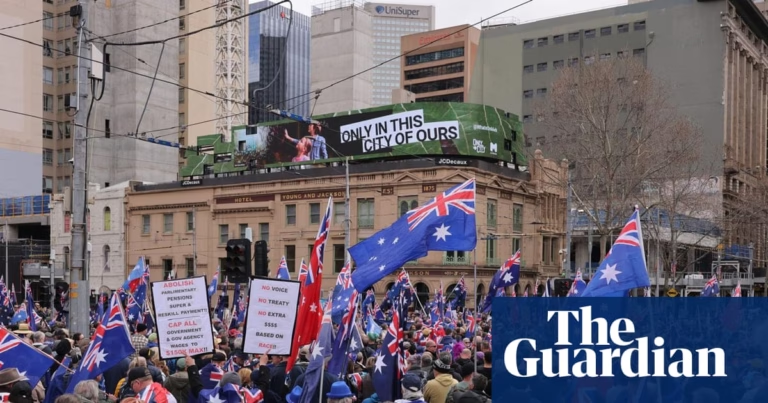Publications targeting the LGBTQ+ community and other diverse audiences are encountering significant hurdles due to the rise of political backlash against diversity, equity, and inclusion (DEI) initiatives, according to editors in the field. This has led to a noticeable decline in advertising support from companies, who are increasingly wary of association with these causes.
The “golden era” of working with such publications is seemingly over, as top executives from these media outlets report a drastic downturn in advertiser relationships, attributing this shift to the growing anti-DEI sentiment in the United States. Tag Warner, CEO of Gay Times, notes an 80% loss in advertisers over the past year, resulting in a financial hit of over £5 million. He points to an aggressive campaign against DEI efforts as the reason behind the advertisements’ withdrawal.
Warner asserts that these actions are essentially “good old-fashioned discrimination,” underscoring the irrational and illogical nature of such behavior. He and other editors, such as Nafisa Bakkar of Amaliah, which focuses on Muslim women’s voices, confirm seeing a marked change in brands’ attitudes toward diversity efforts. The emphasis on “brand safety” in the US is seen as a pretext to avoid controversial content, indicating a reluctance to support diverse narratives.
Ibrahim Kamara, founder of the youth platform GUAP, which reaches a large black and ethnically diverse audience, acknowledges the economic pressures on advertisers but suggests that the recent decline is also due to a diminished interest in promoting connections with diverse audiences. He believes that the previous fervor for supporting such causes has faded, and the professionals hired to manage DEI initiatives are often no longer in their positions.
Warner points out that the anti-DEI movement predates the reelection of former US President Donald Trump but suggests that his return to public life emboldened those opposed to diversity and inclusion to voice their dissent openly.
While publications like Attitude magazine have managed to navigate the political changes better than others, the industry remains vigilant, with concerns about political shifts that could further affect advertiser support.
Mark Berryhill, CEO of equalpride, which publishes US titles such as Out and The Advocate, observes that brands and agencies are exercising increased caution. Nevertheless, he emphasizes the importance of convincing advertisers that supporting these publications is not just a moral obligation but also a sound business decision that recognizes the purchasing power and influence of these communities.
In summary, the advertising industry’s response to DEI-related political controversies has had a profound impact on publications catering to diverse audiences. Despite the challenges, these outlets remain committed to emphasizing the business case for supporting media that gives voice to underrepresented groups.
Source: https://www.theguardian.com/media/2025/aug/31/lgbtq-media-advertising-editors







